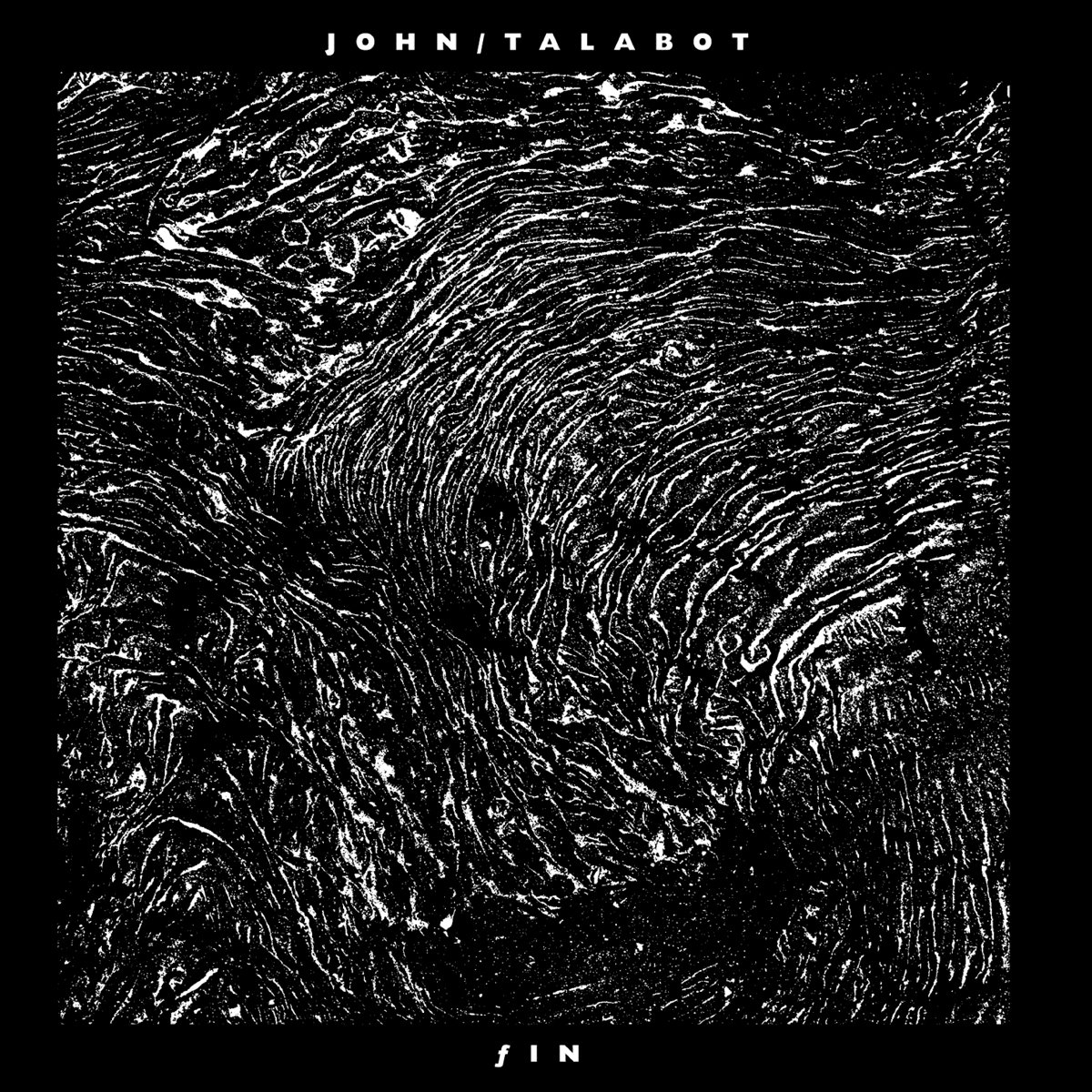Pop inflection is hardly a new direction for Barcelona native John Talabot. After stirring things up with 2009 single “Sunshine” off his own Havern Disc imprint – his then obfuscated calling card chalk full of glowing krautrock, R&B, African, and disco influences – he released his Families EP on electro-leaning indie label, Young Turks, which featured a vocal spot from tribally synth pop artist Cameron Meslrow, aka Glasser, cementing a direction that looked very similar to artists such as Pantha Du Prince, The Field, and Lindstrøm who managed to step out of deeply embedded scenes and into crossover spotlight. With ƒIN, Talabot’s full-length debut, and by far his most emotionally and sonically complex work to date, the Spanish producer’s lofty aspirations have at least the potential to be realized.
ƒIN is assuredly darker and more understated than last year’s startlingly sunny Families (or anything Talabot has done, for that matter), but it shares no lack of hooks, even if, in a broader sense, it has more in common with Caribou or the aforementioned The Field than your typical Balearic disco outfit. It was easy to simply call Families pop, whereas ƒIN is a bit harder to pin down. Most of Talabot’s output has set him in stark contrast with his peers, and his debut only further distinguishes him. ƒIN doesn’t so much forgo the house formula as it does deepen and broaden it, finding a perspective that’s more often than not aloft looking down on expansive landscapes rife with melodies as revelatory as they are danceable. Drums often stray from the 4/4 grid. There’s a homogenization of genres, treading mid-80s disco synth plump, Italo, nocturnal soul, and a number of world influences, that’s less a conscious conceit than it is a pervader of the bouncing, moon-lit Mediterranean atmosphere.
Single and early standout “Destiny” is an exemplifier of much of what ƒIN has to offer with its chunky Asian percussion groove, Snapple-cap intricacies, and submerged synth funk bass line. It’s one of two tracks on the record that add a vocalist to the mix, and while the inclination might be to compare it to Families‘ pop-structured title track featuring Meslrow, the vocals here are more textural in their placement. The pop music reference points come in subtler immediate hints rather than anything resembling formulaic song approach. Talabot’s patient song structures often work upward toward a pinnacle of sorts, but with an amalgam of poignant restraint, the slow-build release often taking hold of you before you even realize it. Seven and half minute opener “Depak Ine” is gradually paced with a glove-tight bass pulse, slippery two-chord synth line, and tropical animal sounds, but halfway through a writhing choral sample covered in noxious vocal loops slips its way in and the track suddenly bulges with cathedral space.
Much of ƒIN‘s middle section is more fleeting than either end of the record and often more recognizable as Talabot, leading with its syrupy riptide of rhythmic loops and glut of hand drums. But it’s all just bigger and more sophisticated: the breezy “Oro y Sangre” content with its swaying chord change and caffeinated keys before getting lost in a tangle of cartwheeling synth hooks, “Missing You”‘s punchy bass line wrapped in layers of unintelligible pitch-altered vocal samples, or “Estiu”‘s glacial loop joined by a heartbreaking vocal like a sleepy lament for the end of the night. Then there’s “When The Past Was Present” with its watery rave synths and pleading, syncopated vocal sample that, when all its disparate parts click, will have you dancing as hard as the tears fall.
“When The Past Was Present” might be the record’s crescendo, but ƒIN ends on “So Will Be Now,” a joint effort with Talabot’s longtime collaborator Pional. It’s a subdued jazzy little cut filled to the brim with vocal samples and supple, minimal synth flourishes that ends, like the record’s opener, with a chorus of voices chanting to the rafters. The album is vital and alive, and it culminates into these unsuspecting breathless, religious moments that reach well beyond its surface qualities. ƒIN is ultimately as much a crowd pleaser as it is an album ready for deeper investment and investigation. It has the potential to sidle next to records like Movements and We Are Monster as a genre classic, but it’s just as assured to find a broader audience as well.


